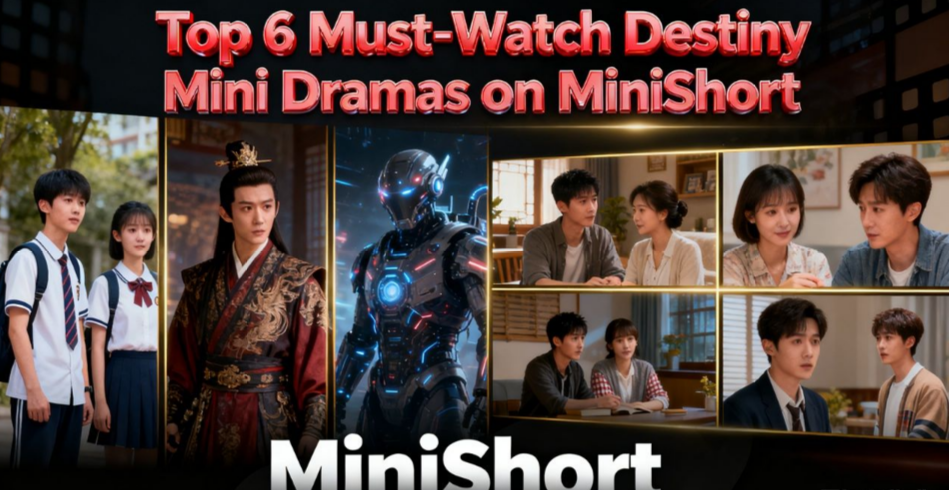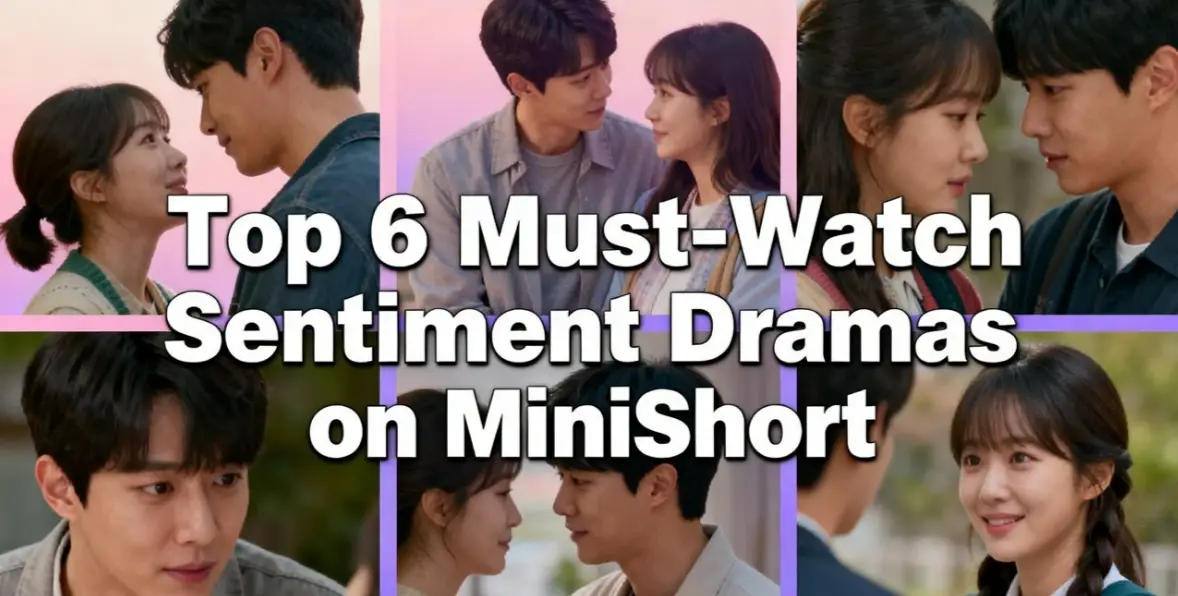
Move to Countryside, Marry a Billionaire assembles a classic romance premise within a tightly wound, highly episodic format. Louise Mitchell, compelled into marriage to save her adoptive father, escapes the city’s pressures only to collide with Troy Scott, a man who appears ordinary until the veil lifts on his true identity: a hidden . The arrangbillionaireement, bound by a three-month contract, promises high-stakes drama, but what makes this short drama stand out is how it stages character transformation over a compact arc. The result is a story that feels intimate in its development yet expansive in its emotional reach.
Louise’s flight from the city is both literal and symbolic. She seeks safety and autonomy, but her new life on the countryside estate thrusts her into a web of secrets. Troy’s wealth is not flaunted; instead, it leaks in through subtle gestures, discreet investments, and restrained power. The contract is the engine of the plot: a finite timeline creates urgency, drives trust-building scenes, and forces choices that reveal core values. As outside schemes threaten their fragile bond, Louise and Troy must decide what matters more—crisis management or genuine connection. The narrative balance between danger and tenderness keeps the viewer engaged, making every interaction a potential turning point.
Louise is presented as resilient, resourceful, and ethically driven. Her decision to marry under duress reflects both courage and pragmatism, inviting audiences to root for her agency in a constrained situation. Troy, at first an enigma, gradually reveals vulnerability and a protective inclination toward Louise, challenging the stereotype of the “unapproachable billionaire.” The evolving dynamic—starting with guarded mistrust, moving through shared vulnerability, and culminating in a trust-based partnership—provides emotional propulsion that mirrors the story’s moral questions about power, wealth, and choice.
Forced choice versus free will: Louise’s predicament tests how much control one can exert in desperate circumstances, and how consent evolves over time.
Wealth as a mask and a tool: Troy’s hidden billionaire status shapes interactions, adding tension while reframing generosity, protection, and influence.
Trust under pressure: The three-month deadline forces rapid intimacy and decision-making, offering a concentrated exploration of commitment.
The short-form format emphasizes rapid setup and swift emotional beats. Scenes are carefully trimmed to preserve momentum, with strategic pauses that let characters absorb stakes. The arc moves from external conflict to internal settlement, making the eventual payoff feel earned rather than rushed. This makes the drama accessible for binge viewing while still delivering satisfying, earned romance.
The countryside setting plays a crucial role, shaping mood and tactile detail. Cinematography leans into warm natural light, verdant landscapes, and intimate close-ups that capture micro-expressions—crucial for a story driven by nuanced emotion. The sound design emphasizes restrained intimacy, letting dialogue carry weight while supporting the tonal shifts between tension and tenderness. Casting aligns with the premise: Louise radiates sincerity; Troy balances reserve with understated charisma. Together, they navigate a narrative that rewards attentive viewing.
The initial coerced marriage scene: a compact, high-stakes moment that sets the contract’s terms and foreshadows character futures.
A farm-day montage: hints at Troy’s life beyond wealth, underscoring shared labor as a bridge between the couple.
A confrontation with a family antagonist: tests loyalty and reveals hidden motives, escalating the stakes.
The turning point: a shared act of vulnerability that marks the shift from transactional arrangements to genuine partnership.
This short drama excels at delivering a complete emotional journey within a condensed runtime. It invites viewers to consider how money and power intersect with love, while delivering authentic character moments that feel earned. The payoff lands on a note that emphasizes choice, resilience, and the possibility of renewal even after precarious beginnings.
Relatable premise with a fresh take on the forced-marriage trope.
Clear character motives and a fast-moving plot that suits short-form formats.
High rewatch value as viewers catch subtle signals and foreshadowing missed on a first pass.
Move to Countryside, Marry a Billionaire is accessible to casual browsers and romance enthusiasts alike. The compact episode structure invites quick but meaningful engagement, and the storyline offers enough complexity to reward repeated viewing. For audiences seeking a complete, satisfying narrative arc without a long commitment, this short drama is an ideal fit. If curiosity strikes, MiniShort offers a free viewing option that broadens accessibility and lowers barriers to entry.
A standout feature is the ability to watch the entire short for free on MiniShort. This makes discovery and sharing easy, as viewers can sample the romance, drama, and character chemistry without financial risk. The platform’s layout supports seamless navigation between episodes and related content, which can help attract new audiences who prefer freemium watching experiences.
Louise: From city-dwelling idealist to countryside strategist, Louise grows into a partner who can balance heart with pragmatism.
Troy: From enigmatic provider to invested ally, Troy learns to let vulnerability redefine power dynamics.
Supporting cast: Family conflicts and external scheming inject obstacles that push the leads toward genuine trust and collaboration.
Compared with traditional romantic dramas that stretch tension over multiple seasons, this short-form offering condenses essential beats into a tight, emotionally resonant package. It shares tonal kinship with contemporary romance-dramas that fuse wealth mystery with grounded emotionality, while distinguishing itself through a three-month contract that creates a precise temporal shape for the lovers’ evolution.
The premise has strong potential for spin-offs or companion stories that expand on Louise or Troy’s backstories, or explore what happens after the contract ends. A follow-up could deepen the family dynamics and reveal new layers of financial intrigue, while preserving the intimate focus on two people choosing each other under pressure.
Move to Countryside, Marry a Billionaire offers a compact, satisfying romance that leverages a provocative setup to illuminate timeless themes: autonomy, trust, and the redemptive power of honest connection. Its free-to-watch angle on MiniShort makes it an accessible entry point for new fans while offering enough craft to satisfy seasoned romance viewers.




